Why Regular HVAC System Maintenance Is So Important in Central Taxes
Let’s be real. Around here, from around San Angelo to over to Waco and down through Austin, we have a special relationship with our air conditioning. It’s not just a box outside; it’s a member of the family from May through September. We rely on it for survival. So, when it starts making that weird rattling noise or blowing lukewarm air on a 102-degree day, it feels like a personal betrayal.
I’ve been in the HVAC business here for over fifteen years, and I can’t tell you how many frantic calls we get in July and August. The story is always the same: “It was working fine, and then it just quit!” But when we get out there, we almost always see the same thing—a system that’s been crying out for help for months, choked by dirt and straining from the effort.
The secret to avoiding this nightmare isn’t a secret at all. It’s simple, proactive HVAC system maintenance. Think of it less as a chore and more as the most affordable insurance policy you can buy for your home’s comfort and your wallet.
Why Our Weather is a Nightmare for HVAC Systems
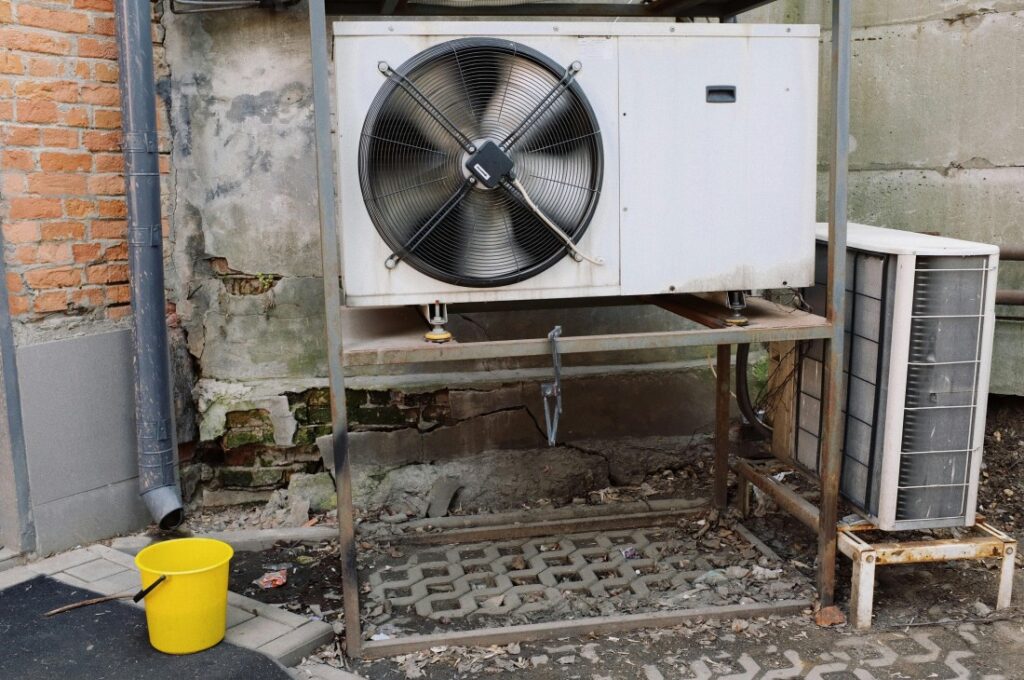
To get why maintenance is a must, you have to understand what your system is up against. Central Texas weather is basically a torture test for air conditioners.
- It’s Not Just the Heat, It’s the Duration:Our AC units don’t just run for an hour or two. They run for hours on end, day after day, for months. That’s like asking your car to run a flat-out race every single day. Without a break, parts get worn down in a hurry.
- The Dust and Pollen is Relentless:You’ve seen it. That thick, yellow-green film on your car every spring. That same gunk gets sucked into your outdoor unit, coating the delicate fins and acting like a warm blanket, smothering it. The system can’t breathe, so it has to work twice as hard.
- Our Hard Water is a Silent Killer:A lot of folks don’t think about this, but the mineral-heavy water around here can slowly clog up the drain line inside your AC with a concrete-like scale. When that line plugs, the water has nowhere to go but onto your ceiling, causing thousands in water damage.
What You Actually Get When You Schedule a Tune-Up
So, what does this famous “maintenance” actually do for you? A lot more than you might think.
- You Avoid a Panic-Induced, Wallet-Busting Repair
This is the big one. That $100-$150 spring tune-up is your best defense against a $1,500 compressor replacement in the dead of summer. During a visit, I can spot a capacitor that’s starting to bulge (a very common failure) or a contactor that’s starting to burn. Replacing a $30 part during a scheduled visit is nothing. Replacing that same part on an emergency, overtime call when your house is 90 degrees is a whole different story. - Your Electric Bill Will Thank You
When your AC is dirty, it has to work harder and longer to cool your house. That struggle shows up on your monthly bill from your electric company. A clean, well-tuned system runs smoothly and efficiently. We see it all the time—customers often notice their bills go down after a good service. You could be saving the cost of the maintenance visit just in a few months of lower energy costs. - You Add Years to Your System’s Life
A central AC system is a huge investment. You want it to last. Out here, a well-cared-for system should get you 12-15 years, easy. A neglected one, fighting dirt and strain every day, might only make it 7 or 8 years before it gives up the ghost. Regular maintenance is the single best way to make sure you get every single year of life you paid for, delaying that huge replacement cost for as long as possible. - You Breathe Easier (Literally)
Your AC is also your home’s air filter. If the system is dirty inside, it’s blowing dust, pollen, and allergens all through your house. For families with allergies or asthma, this is a huge deal. A big part of our maintenance is cleaning the system components and putting in a fresh filter, which makes the air in your home cleaner and healthier.
So, What Do We Actually Do Out There?
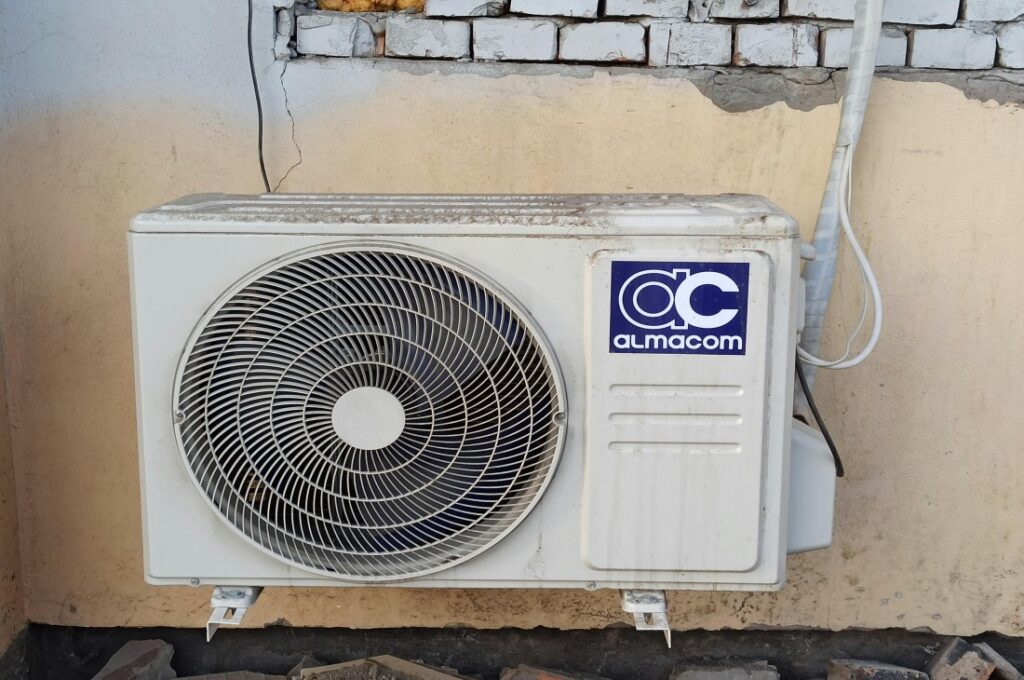
A lot of folks wonder what they’re paying for. It’s not a secret! A good, thorough HVAC system maintenance visit should cover all the bases. We’re checking the whole system, from the inside out.
Outside at the Condenser Unit:
- We shut off the power and gently clean all that pollen, grass, and dirt out of the fins.
- We check the refrigerant levels to make sure they’re just right.
- We make sure the fan motor is running smoothly and isn’t getting worn out.
- We check all the electrical connections to make sure they’re tight and safe.
Inside at the Air Handler/Furnace:
- We clean the indoor coil (if we can get to it), which can get dusty and freeze up.
- We check and clear the condensate drain line with a special vacuum to prevent a leak.
- We test the furnace components for safety and operation (yes, even in Texas, you need heat!).
- We replace your air filter and make sure the airflow is strong.
Bottom Line for Central Texas Homeowners
- A Little Prevention Saves a Lot of Cash: That mid-summer emergency soliciting will costs you a whooping sum of 10 times as compared to a spring tune-up.
- Efficiency is Money: A system that is clean consumes less electricity, no doubt.
- Protect Your Big Investment: Do not let the life time of your costly air conditioning unit slip off.
- Breathe Easy: A system that is maintained is equivalent to a clean air for your family.
________________________________________
Questions We Often Hear
Q: How often I am supposed to do this?
A: For your air conditioning system, it’s recommended once a year, preferably in spring before it gets unbearably hot. And if you have a furnace, a check-up in fall is also a good move.
Q: I regularly change my filter. Is that enough?
A: That’s great! And it’s the most significant thing you can do on your part. But it doesn’t substitute the cleaning of the outdoor unit, checking of refrigerant, and inspection of electrical components for wear and tear. That is a job for a pro.
Q: What is the most common thing that you find which saves people from a breakdown?
A: Poor capacitors. They are a small, inexpensive part that provides the compressor and fan motor with the necessary jolt to start, in case of starting to fail their the system is straining harder and harder until it just can’t start anymore. A quick, cheap fix is catching it early.
Q: My system has warranty. Do I still need maintenance?
A: Yes, undoubtedly. As a matter of fact, most manufacturers need proof of professional maintenance to keep the warranty intact. If you miss it and your compressor fails, the manufacturer might not take the cost.
Heat waves should not be the reason to test your system. A little bit of care now means that you will have a cool and comfortable home all summer long, without the stress or surprise bills. It is the best thing that you can do for your home when it comes to the outdoors.
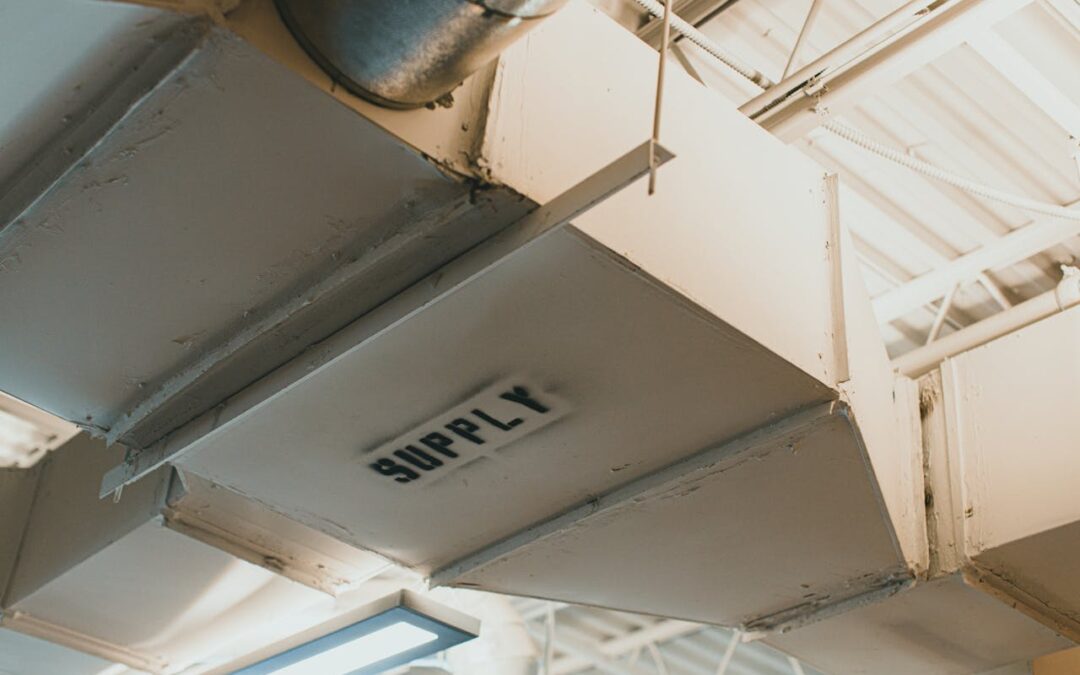
Top 3 Signs Your HVAC Ductwork Is Leaking
Alright, let’s talk about one of the most forgotten parts of your home: the ductwork. You know…
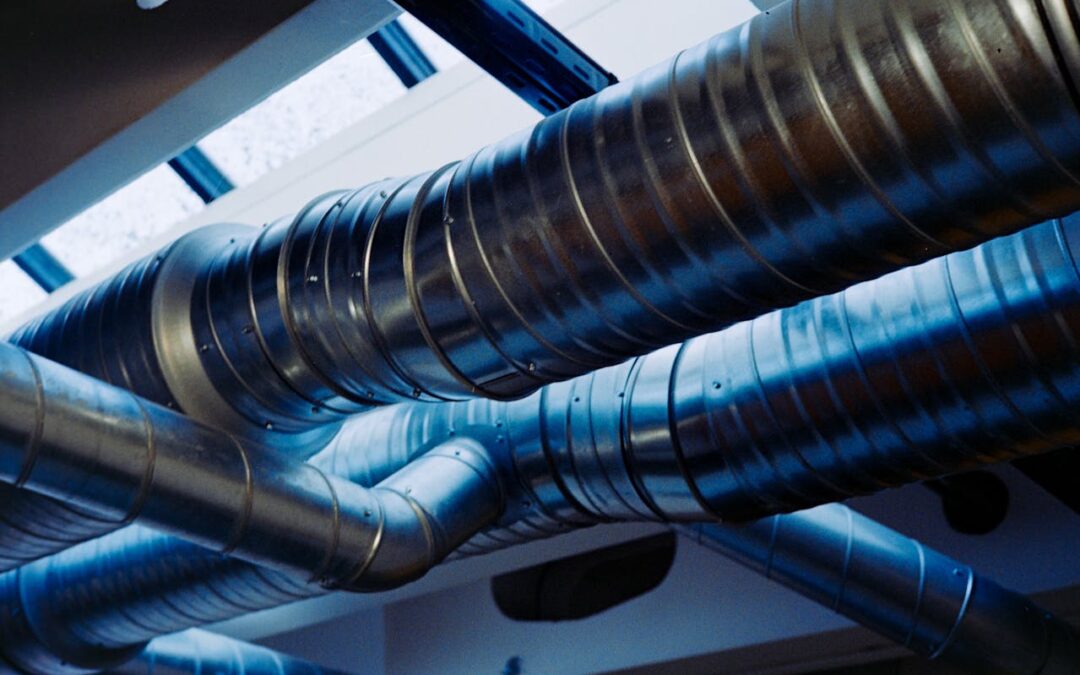
The Ultimate Maintenance Guide for HVAC Ultraviolet Lights
Let’s be real, we rarely think about the air we’re breathing inside our own homes.
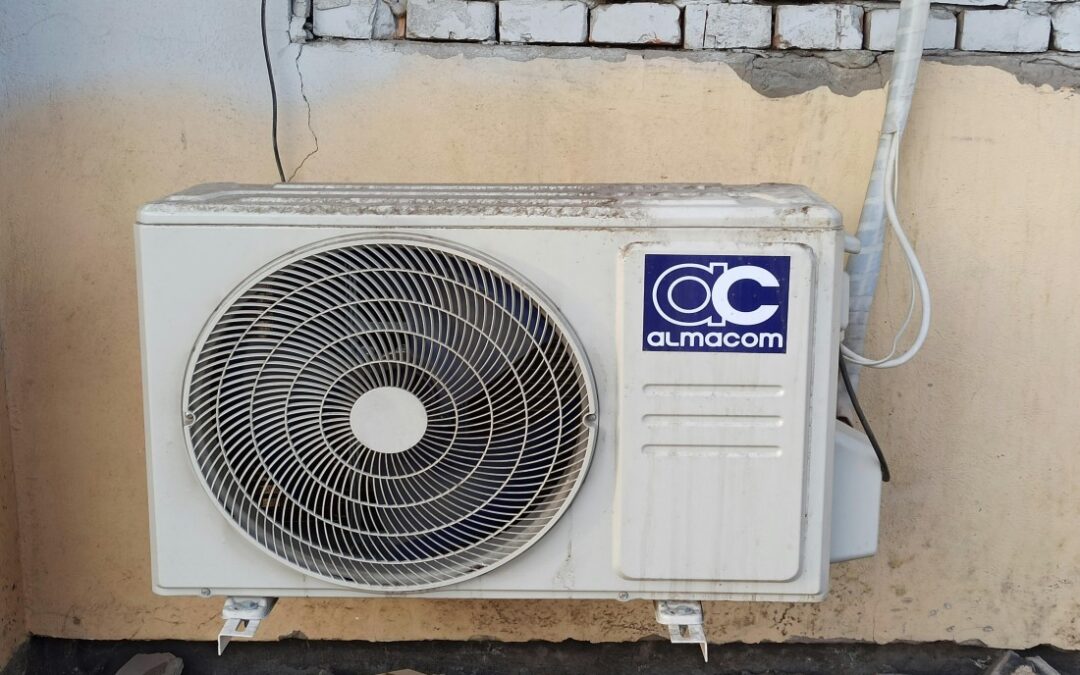
Is Your Air Conditioner Whispering for Help? A Belton Homeowner’s Guide to Staying Cool
There’s a special kind of silence that falls over a house in a Belton summer when the air…
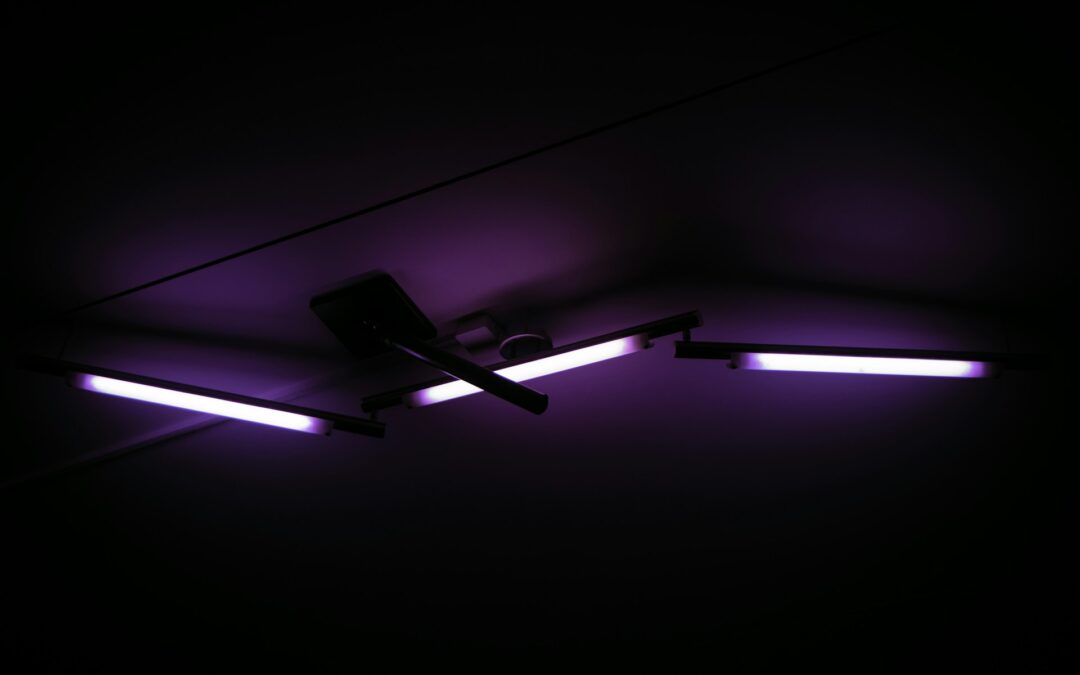
HVAC UV Light Installation: How It Improves Air Quality in Your Home
Alright, let’s be real for a second. You kick off your shoes, slump onto the couch, and finally take…
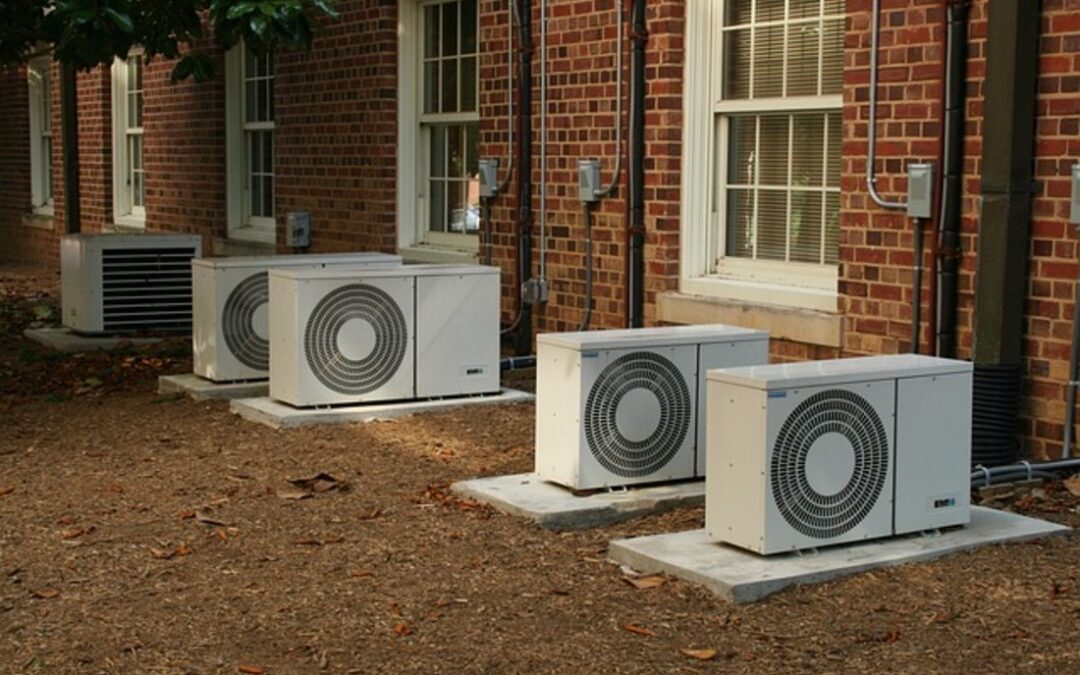
Breathe Easy, Belton: How Professional HVAC Services Keep Your Home Perfect Year-Round
Living in Belton means enjoying real-deal Texas living – from lazy walks along Nolan Creek to cheering at the Bell County Expo. But let’s be honest…
